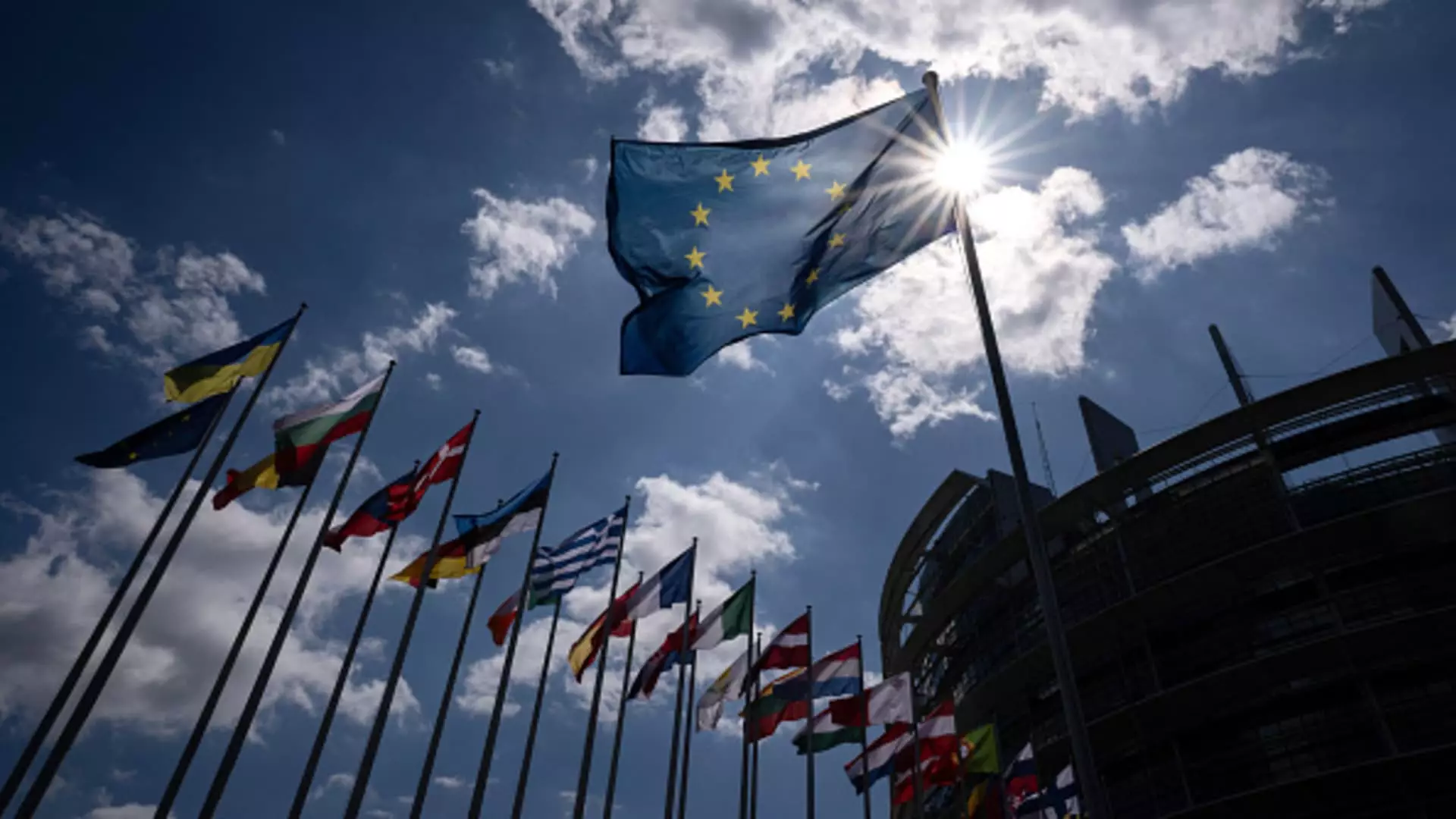The European Union elections have been underway, with millions of citizens participating in the democratic process. This year’s election has been met with anticipation and scrutiny, as far-right parties gain momentum across Europe. The outcome of the election is crucial for shaping the direction of the European Parliament for the next five years.
Voter turnout in the previous EU election was just above 50%, according to official data. This statistic raises concerns about the level of engagement and participation among EU citizens. Additionally, the rise of far-right parties in Europe, such as Geert Wilders’ anti-immigration party in the Netherlands, poses a significant challenge to traditional political norms. The success of these parties signals a shift in the political landscape of the EU, with potential consequences for policies and regulations.
The European Parliament consists of 720 Members of the European Parliament (MEPs) representing all 27 EU countries. The distribution of MEPs is based on the population size of each country, with Germany having the highest number of representatives. Voting systems in EU countries vary, but citizens can typically vote for political parties or MEPs from their home countries. These elected representatives then form alliances in the EU Parliament, shaping legislative decisions and regulations that impact member states.
The European Parliament plays a crucial role in setting policies and regulations on a wide range of issues, including social, economic, climate, defense, and environmental concerns. With analysts predicting a shift towards protectionism and a greater focus on defense post-election, climate and environmental policies may experience a decline in priority. This shift reflects the evolving challenges facing the EU, as it navigates through complex geopolitical and environmental challenges.
The European Union elections hold significant importance for the future of the EU and its member states. The rise of far-right parties, coupled with concerns about voter turnout, highlight the need for increased civic engagement and awareness. As the results of the election are awaited, the impact of the new European Parliament on policies, regulations, and key decision-making processes will become more evident. The EU continues to evolve and adapt to changing circumstances, reflecting the dynamic nature of European politics and governance.


Leave a Reply